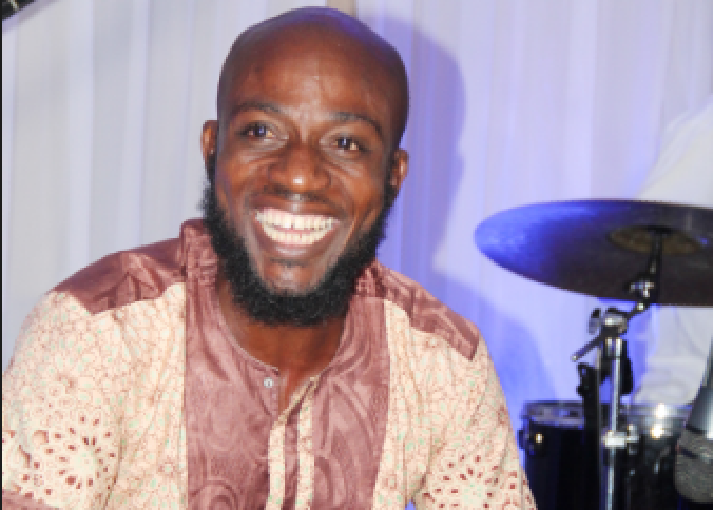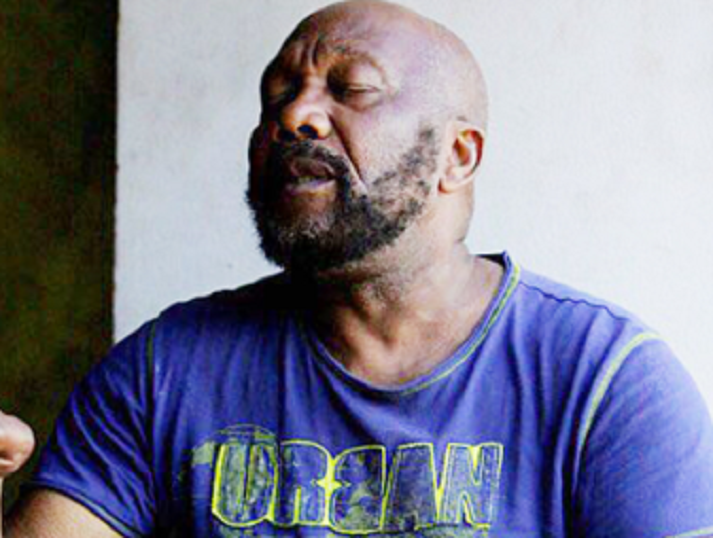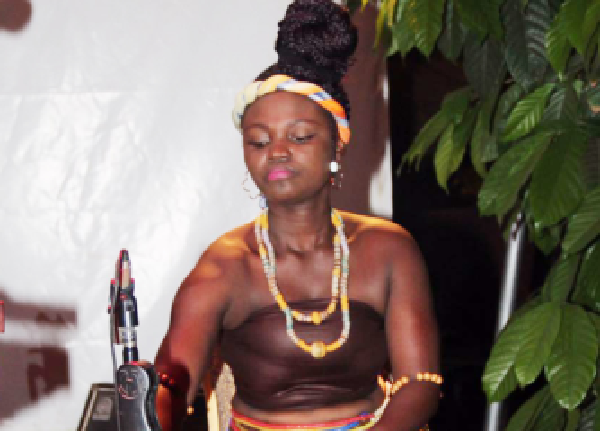![]()

Feel the GH rhythm power
Percussionist Justice Nii Adjiri Williams, known widely in music circles as Shikome, was beside himself with joy when he was adjudged the Best Instrumentalist for 2016 at the Vodafone Ghana Music Awards (VGMA) main event in early May.
He has been a consistent hard worker for nearly two decades behind his array of drums, cowbells and shakers and many musicians appreciate his intense dedication to duty.
Most of the audience at the awards ceremony, however, didn’t know who he was and maybe the important contribution an assorted percussionist like him makes to a live gig or studio session.
Perhaps, something else the audience at the VGMA event at the Accra International Conference Centre didn’t know was that this country has over the years, produced some of the world’s best percussionists in popular music.
Advertisement
A percussionist in a popular music setting, plays an assortment of drums such as congas, bongos, djembe, atumpan, gome, dondo and brekete as well as other instruments like gongs, bells, rattles, claves and tambourines.
“In my view, a good percussionist anchors the groove. You don’t need to play solos until you are given your spot to do so. Your real role is to maintain the rhythm to fit whatever music is being played,” says Shikome.

The great thing for Ghanaian percussionists is that multiple rhythms abound across the country and it is up to the hard-working ones to study and incorporate them into their work
Ghanaba’s dondo drum
Ghanaba, then called Guy Warren of Ghana, almost single-handedly injected rhythms from Ghana and other parts of Africa into mainstream jazz with his dondo drum in the 1950s and 1960s. He earned praises from jazz greats like drummer Max Roach and saxophonist Charlie Parker.
Kwaku ‘Rebop’ Baah, Speedy Nii Moi Acquaye and Kwasi ‘Rocky Dijon’ Dzidzornu were also brilliant percussionists who lived in the United Kingdom and played with numerous world-class acts such as Georgie Fame, Rolling Stones, Beatles, Randy Weston, Jimmy Cliff, Stevie Wonder, Traffic and Eric Clapton.
“For us in this part of the world, percussion instruments are the toys we grow up with. You start banging on your mother’s pots and pans even before you learn to walk,” says Okyerema Asante who has played live and recorded with many famous musicians including Paul Simon, Hugh Masekela, Herbie Hancock and Lee Ritenour.
“You develop a sense of rhythm even at that tender age, through the time when you get your own first small rubber drum for Christmas that enables you imitate the drummers at traditional festivals and funerals.”
Night out in Accra
On a typical night out in Accra, one can catch Shikome’s busy hands coaxing fascinating rhythms from his custom-made congas as he gigs with guitarist Akablay’s Abiza band or bassist Philip Acquah’s Patchbay band.
There is also the possibility of seeing Gabriel Gablah jamming with the Zuum band, Efo Martin hammering away at his special contraption of gongs with the Takashi band or Richmond Laryea pumping up the rhythm with the Bessa Band.
Though men have been the percussionists in Ghanaian bands for ages, there are some adventurous women also in the game now, playing with the two all-female bands. Vida Ofoli anchors the rhythm for Les Femmes and Abigail Teye displays versatility with the Women of Colour.
It is impossible to talk about the notable percussionists Ghana has produced without referring to the great Mustapha Tetteh Addy. He has recorded albums with musicians from different genres of popular music, apart from being deeply steeped in traditional stuff.
It appears Ghanaian capabilities in the field of percussion are so heightened that there won’t be enough work for them if all the guys stayed at home. That probably accounts for the current widespread of Ghanaian percussionists around the world.

Osibisa’s percussion breaks
In the United Kingdom for instance, the well-travelled Nana Tsiboe has worked with acts such as Trevor Watts Drum Orchestra, Dade Krama, George Lee, Louis Moholo, Pan African Drum Ensemble and Oumou Sangare. He has material under his own name.
Infectious percussion breaks were key moments in Osibisa shows and the style was emulated by other world-class acts including Santana.
The mention of Osibisa obviously brings back memories of showman, Darko ‘Potato’ Adams who played with the Uhuru band in Ghana before joining the Afro-rock group. Switzerland-based Kofi Ayivor also played with Osibisa.
Kofi Adu, though initially known for playing the kit drum set with Boombaya, is also a fine percussionist who does a lot of session work across Europe.
In the United States, Mohammed Alidu and Ataa Addo are among the enterprising Ghanaian percussionists trying to follow in Okyerema Asante’s giant footsteps.
Flying high the flag of Ghana
Germany harbours a number of our good percussionists including Nii Armah Gomez, Gordon Odametey and Ekow Alabi Savage. They are all competent players flying high the flag of Ghana and have their own recorded songs.

In Denmark, Ayi Solomon who was a member of the famous Classique Vibes here, is based in Copenhagen and has worked with a wide variety of musicians all over the world. They include Randy Brecker, Moussa Diallo and Ep Estein. He has recorded three albums.
There are many other superb Ghanaian percussionists working at home and abroad.
Their styles of play may differ but the common thing about them all is the sparkling demonstration that we have great rhythms in Ghana and we feel good about them all.
